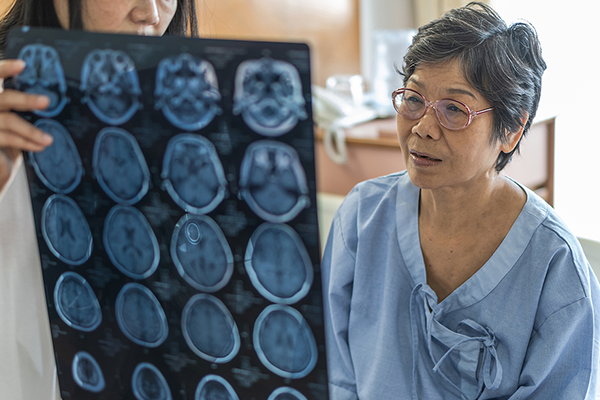The membranes surrounding your brain and spinal cord do important work to protect your nervous system. Bacteria, viruses and other factors can infect the fluid surrounding these membranes, causing them to become inflamed and swollen. This inflammation, known as meningitis, can cause a wide variety of symptoms, some of them very serious. World Meningitis Day on April 24 is a global initiative to raise awareness about the prevention and treatment of this potentially dangerous condition.
How Do You Get Meningitis?
The most common forms of meningitis are:
- Bacterial meningitis—Caused by bacteria, this condition typically spreads from person to person and can be fatal if not treated in a timely fashion.
- Viral meningitis—Caused by certain viruses, this type of meningitis can be serious. However, symptoms are typically less severe than those caused by bacterial meningitis. Being in close contact with someone who has viral meningitis can expose you to it, but you will probably not develop meningitis as a result.
Other forms of meningitis, which are very rare, include:
- Amebic meningitis—Primary amebic meningoencephalitis (PAM) is caused by coming into contact with microscopic ameba that live in soil and warm water. Amebic meningitis is a brain infection that is very dangerous.
- Fungal meningitis—You can develop this condition if you inhale fungal spores from your environment. If you have conditions, including cancer, diabetes or HIV, you are at higher risk for fungal meningitis.
- Parasitic meningitis—Coming into contact with certain parasites can cause you to develop this form of meningitis.
With varying types of meningitis, some produce symptoms that are more dangerous than others. That is why understanding how you developed meningitis is important. If you experience symptoms of meningitis, including confusion, light sensitivity, nausea and vomiting, seek medical attention.
Is Meningitis More Dangerous Than COVID-19?
If you are an older adult or person living with an underlying health condition, such as cancer or heart disease, you are more likely than a younger, healthy individual to experience serious symptoms associated with COVID-19. Meningitis, however, can be just as dangerous. Specifically, bacterial meningitis can result in brain damage, hearing loss and stroke.





